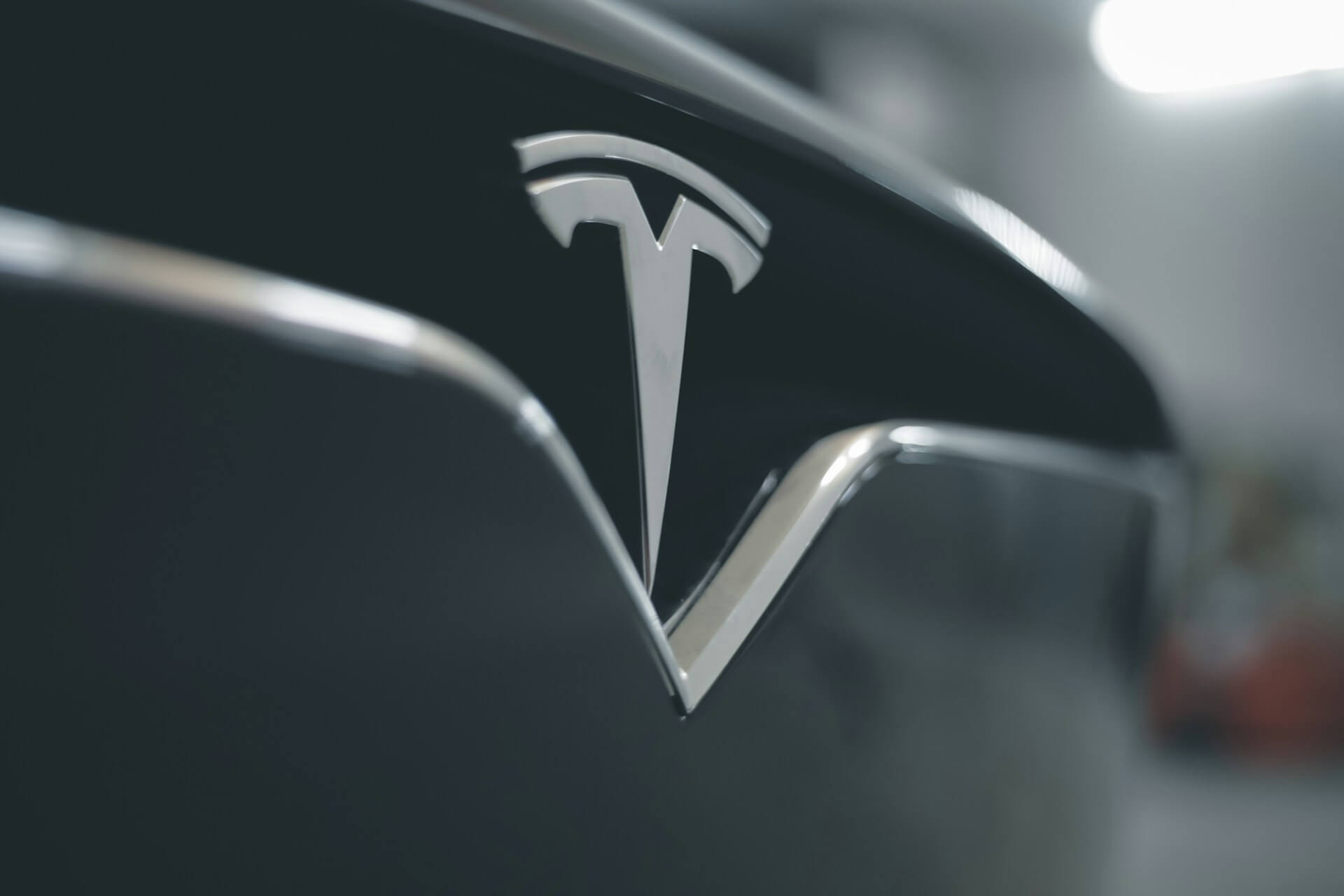
As an Amazon Associate, Modded gets commissions for purchases made through links in this post.
So you need a new car. Maybe you’ve been dreaming of a sleek, shiny Tesla. On the other hand, you might be looking for a beater you can drive into the ground. Whatever your goal, it can be difficult to know just how much you should spend on a new vehicle. The high cost of new and used cars right now just makes everything more complicated.
The best price for your next car depends on many factors, including your income, current expenses and long-term financial goals. If you need a car to get to work, that’s one thing – however, buying a luxury vehicle only makes sense if you’re super well-off financially. Follow this guide to determine exactly how much you should spend on a car based on your salary.
- Tally Your Income
Before you can know how much to spend, you need to know how much you make. Spend some time figuring out your total take-home pay after taxes and other applicable deductions. How much money do you get to take home each month? You can use this figure to determine what your monthly transportation costs can be.
Typically, financial experts recommend spending only about 10% of your monthly income on transportation. This includes gas, maintenance, car insurance and monthly loan payments. You’ll also have to pay annual property taxes on your new vehicle. So if your take-home pay is $40,000 a year, you should be spending roughly $333 a month on transportation.
- Budget for Expenses
If you can’t find a reliable used car for 10% of your monthly income, you might need to break this rule and spend more. However, before you do, it’s essential to check your monthly expenses. How much of your monthly take-home pay has to go toward necessities like rent, food and old debt?
You can definitely spend more than 10% of your monthly income on a new car. However, you might need to sacrifice in another area to make that work financially. Regardless of how much you need a new vehicle, the last thing you want to do is make a financial commitment that makes your life harder. Always think long-term and consider how a car payment will affect the rest of your budget.
- Set a Savings Goal
Ideally, you should pay cash for all your vehicles. This saves you money because you won’t have to pay any interest. However, most Americans can’t afford to buy a car with cash. In that case, your best bet is to put down at least 20% of the car’s total cost and then finance the rest. That means you’ll need to put down $2,000 in cash for a car that’s $10,000 total.
Of course, you’ll also have to pay several one-time fees like sales tax, the registration fee and a license plate fee. The total extra cost will depend on where you live and what kind of car you buy. If you know you’re going to need a new car in a couple of years, start saving now. The more money you can save, the better car you’ll be able to reasonably afford.
- Remember the Reason
Another thing to consider is the “why” behind your new vehicle purchase. This is really important for deciding how much you should spend. If your car just died and you need transportation to get to work, that will affect how much you’re willing to spend. You might spend a little more now for a car so you can get to work and save more over the next year.
The goal is to separate reason from emotion and make a decision that benefits you financially in the long run. Most of the time, your car is a tool that helps you live your life. If you’ve done well financially and can afford it, there’s nothing wrong with buying a luxury car. However, only buy one if it brings you joy personally – it shouldn’t be about how others see you.
Hit the Road
Buying a new car is really about crunching the numbers. Once you do that, you’ll know how much you should spend on a car based on your salary. Remember, you can always upgrade your car later. What you don’t want to do is entangle yourself in car payments that hold you back for years.
In American culture, cars are a status symbol – if you drive a Tesla, you look like you’ve made it. However, the real sign of maturity is using your money wisely. If that means you drive a beater for ten years, who cares? You’re hitting your financial goals and that’s all that matters.
Stay up to date with the latest by subscribing to Modded Minute.
Author
Jack Shaw is a senior writer at Modded. Jack is an avid enthusiast for keeping up with personal health and enjoying nature. He has over five years of experience writing in the men's lifestyle niche, and has written extensively on topics of fitness, exploring the outdoors and men's interests. His writings have been featured in SportsEd TV, Love Inc., and Offroad Xtreme among many more publications.





